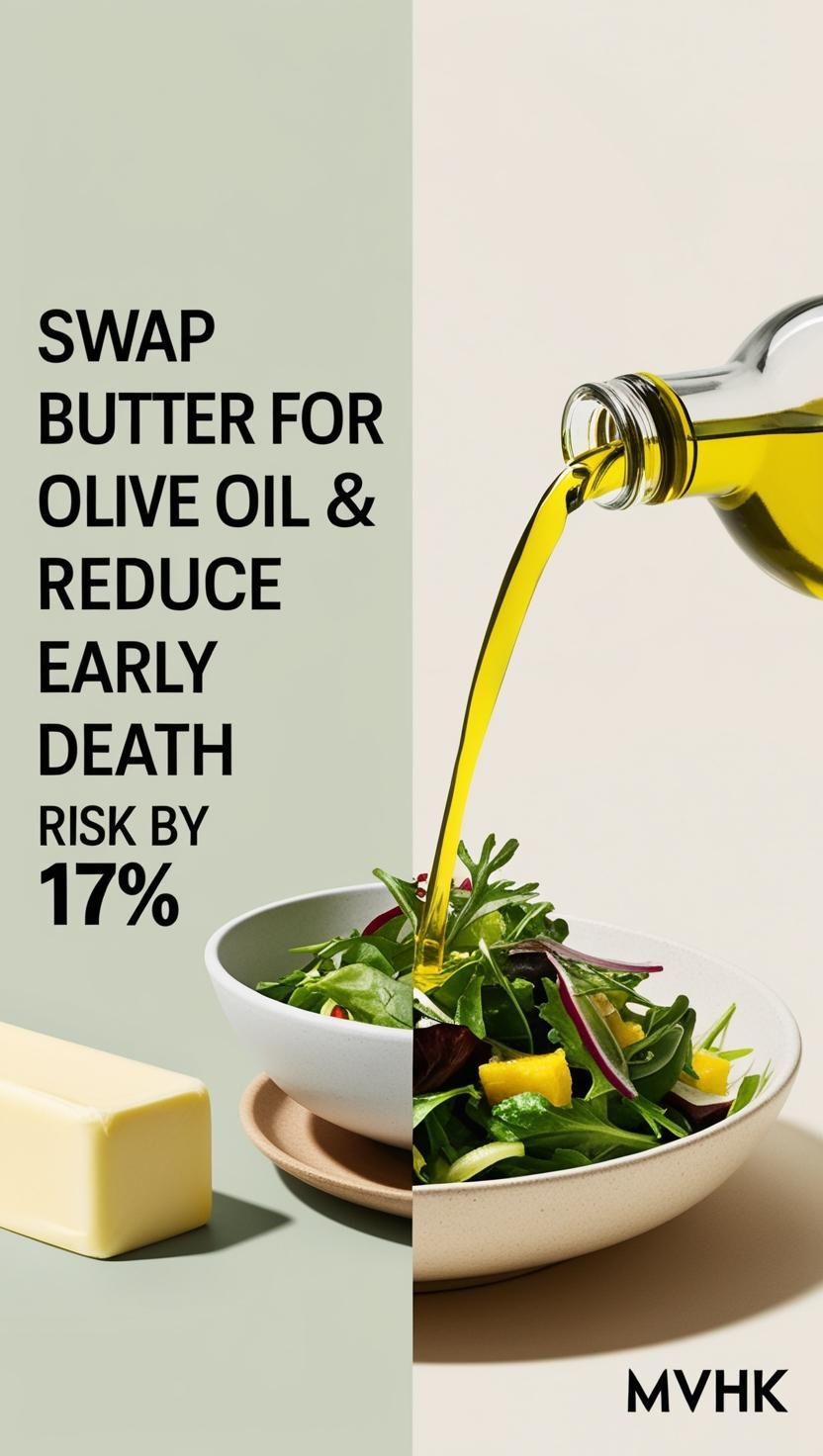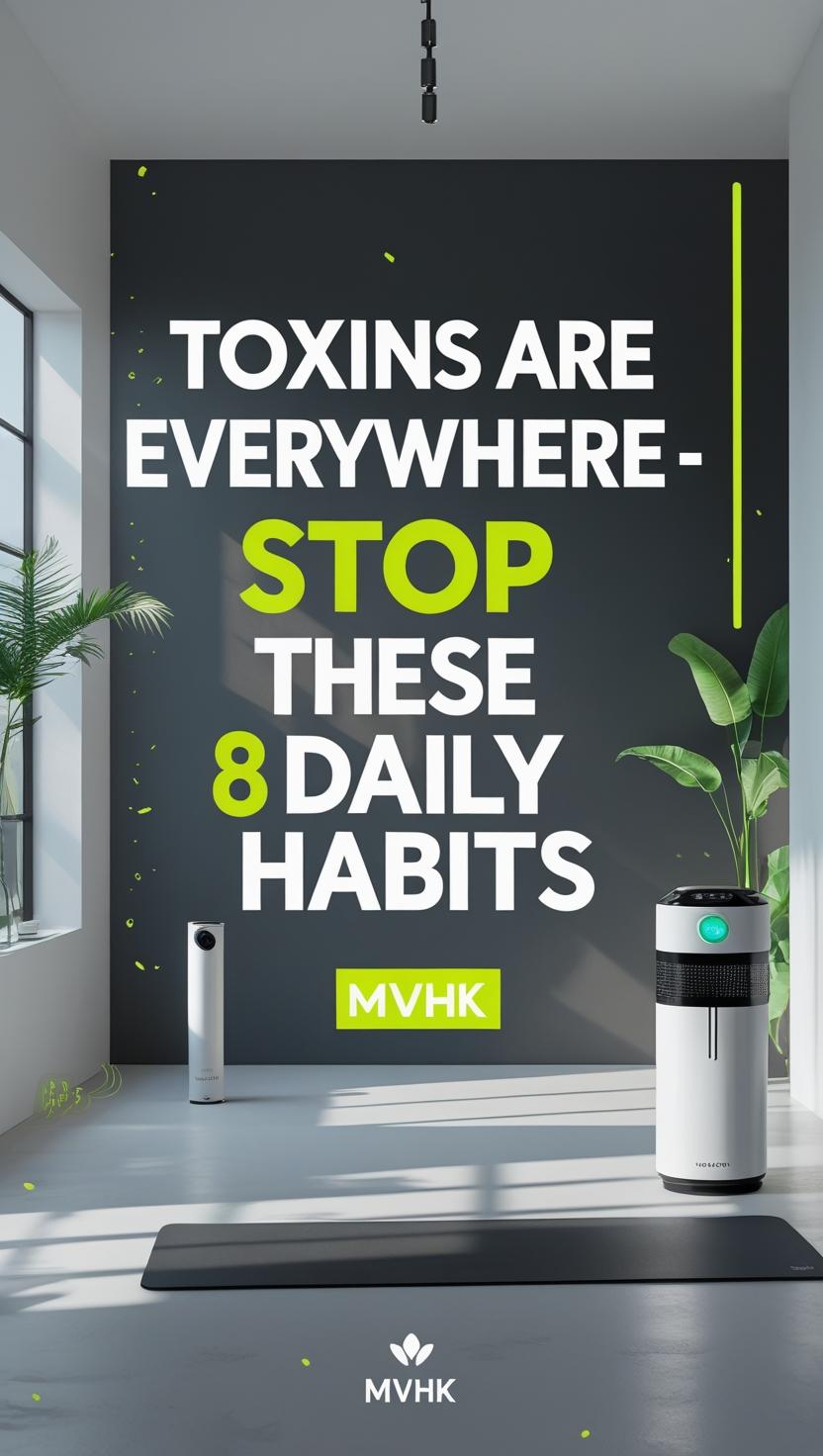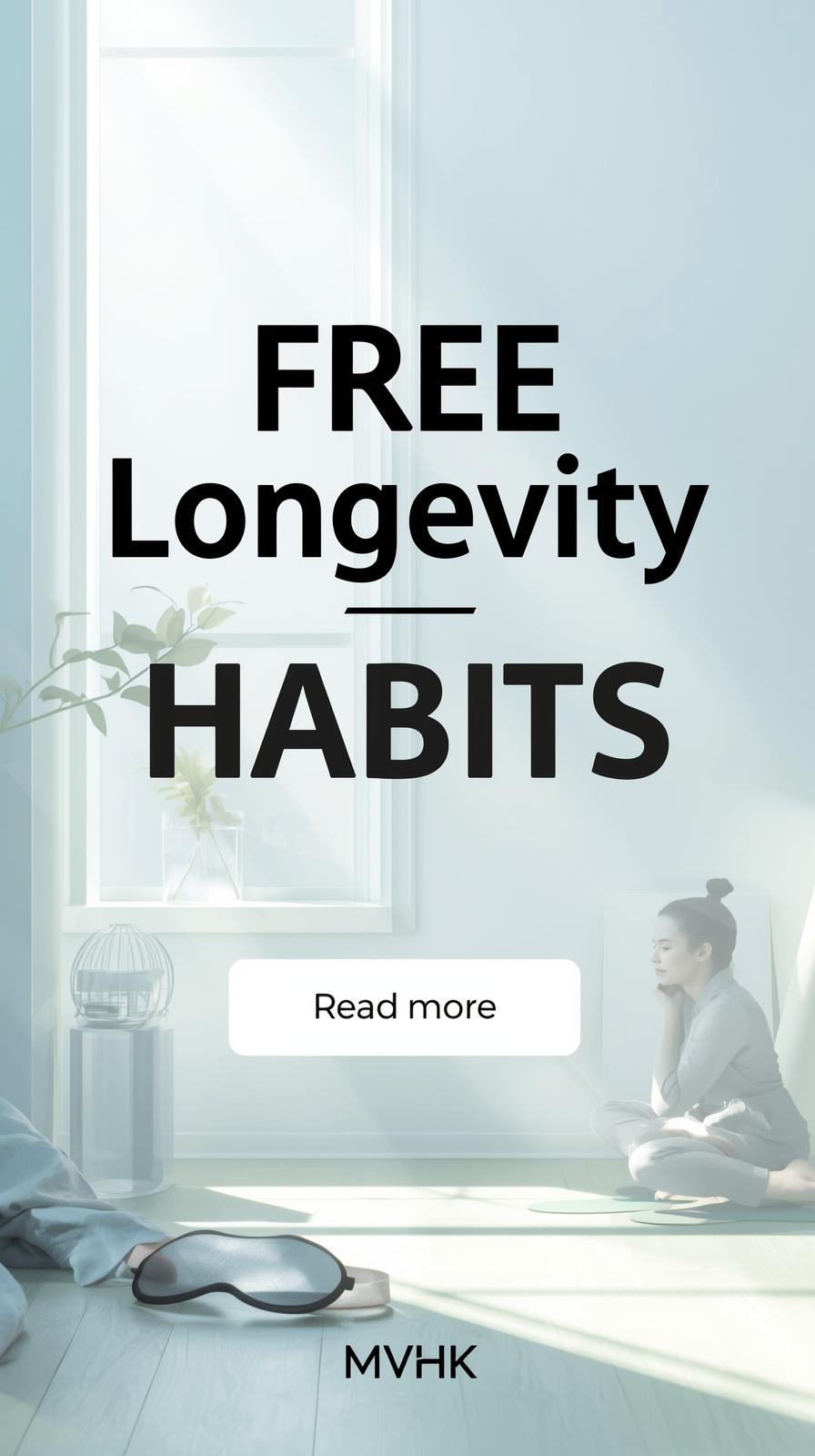Swap Butter for Olive Oil & Live Longer? Science Says Yes!
Why Replacing Butter with Olive Oil Matters
Did you know that making a simple dietary switch from butter to olive oil could add years to your life? A 2025 Harvard study published in JAMA Internal Medicine found that individuals who replaced butter with plant-based oils, such as olive oil, had a 17% lower risk of premature death. This study, which analyzed data from over 200,000 people over a 30-year period, provides compelling evidence for the health benefits of plant-based fats.
1️⃣ The Science Behind the Benefits
Olive Oil vs. Butter: What’s the Difference?
Butter is rich in saturated fats, which can increase LDL (bad) cholesterol and contribute to heart disease. In contrast, olive oil is high in monounsaturated fats and polyphenols, which have been linked to improved heart health and longevity.
According to the Harvard study, people who consumed more than 7 grams (about half a tablespoon) of olive oil per day saw a significant reduction in mortality from cardiovascular disease, neurodegenerative disease, and respiratory illness.
Heart Health & Longevity
- Reduces LDL cholesterol: Saturated fats in butter raise LDL cholesterol, while olive oil helps lower it.
- Boosts HDL (good) cholesterol: Helps improve heart function and reduces the risk of stroke.
- Rich in antioxidants & anti-inflammatory properties: Protects against oxidative stress, a major contributor to aging and chronic diseases.
2️⃣ The Harvard Study: Key Findings
A major study by Harvard T.H. Chan School of Public Health analyzed data from two of the longest-running dietary studies:
- The Nurses’ Health Study (1990–2020)
- The Health Professionals Follow-up Study (1990–2020)
The researchers tracked dietary habits and health outcomes of over 200,000 participants and found that those who replaced butter, margarine, or mayonnaise with olive oil experienced:
- 17% lower risk of all-cause mortality
- 19% lower risk of cardiovascular disease-related death
- 17% lower risk of neurodegenerative diseases (such as Alzheimer’s and Parkinson’s)
- 29% lower risk of respiratory disease mortality
These results were independent of other lifestyle factors like exercise and smoking, meaning the dietary change itself played a crucial role.
3️⃣ How to Make the Swap: Practical Tips
Switching to olive oil is easy and delicious. Here are some simple ways to incorporate it into your daily routine:
Cooking & Meal Prep
- Sautéing & Roasting: Use extra virgin olive oil instead of butter for vegetables, fish, or poultry.
- Salad Dressings: Replace creamy dressings with olive oil, lemon juice, and herbs.
- Baking: Substitute butter with olive oil in recipes (use ¾ cup olive oil for every 1 cup butter).
- Pasta & Grains: Drizzle olive oil over whole grains, quinoa, or pasta instead of using butter.
Choosing the Right Olive Oil
- Extra Virgin Olive Oil (EVOO): Best for raw uses like dressings or dipping.
- Virgin Olive Oil: Suitable for low-heat cooking.
- Light Olive Oil: Refined for high-heat cooking.
🛑 Common Myths About Olive Oil
“Olive oil isn’t good for cooking.”
- FALSE! Extra virgin olive oil has a high smoke point (~375°F to 410°F), making it safe for most cooking methods.
“Butter is necessary for brain health.”
- FALSE! While the brain needs healthy fats, monounsaturated fats from olive oil offer cognitive benefits without the risks associated with saturated fats.
Conclusion: Start Swapping Today
The science is clear—switching from butter to olive oil can help you live longer and healthier. This simple dietary change reduces the risk of heart disease, neurodegenerative disorders, and respiratory conditions. Start incorporating olive oil into your meals today and enjoy the long-term health benefits!
- Check out our guide on the Top 5 Heart-Healthy Foods
- Learn how the Mediterranean Diet boosts longevity
- Harvard Study on Olive Oil & Longevity (JAMA Internal Medicine)
- American Heart Association on Healthy Fats
FAQ Section
Which type of olive oil is best for health?
Extra virgin olive oil (EVOO) is the healthiest option because it retains the most antioxidants and beneficial polyphenols.
Can I cook with olive oil instead of butter?
Yes! Olive oil is stable for most cooking methods, including sautéing and roasting.
How much olive oil should I consume daily?
Studies suggest that half a tablespoon (7g) per day is enough to experience significant health benefits.






